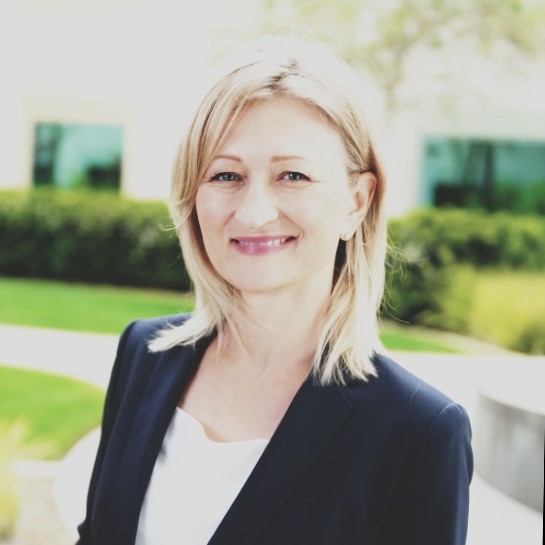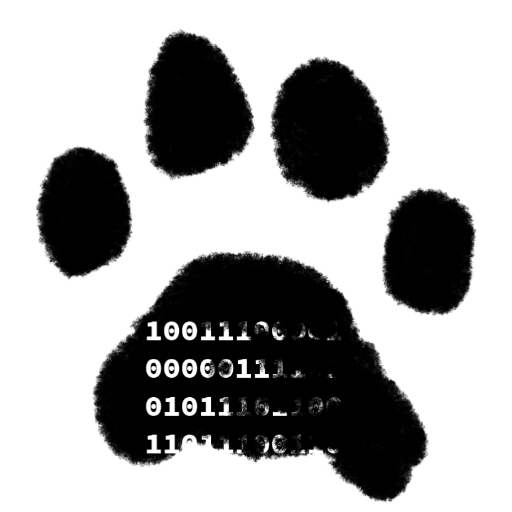TL; DR
Every now and then I run across a person who’s story is both captivating and important. Oksana, is one of those people. She is an exceptional human being, who’s passion for people is makes her a really good manager and I am happy to call her friend. Below are a few brief questions and answers that only scratch the surface of her experience.

Name:
Oksana O’Neill
Contact:
https://www.linkedin.com/in/oksananv/
Where are you from and where do you call home?
I was born in Gomel, Belarus but spent most of my life in Minneapolis, MN and consider it my home.
How did you first get interested in software?
As a child, I swore to never work with computers. How naïve… I played some basic video games – Tetris, etc, but as a career, I first got interested while taking a class on SQL database development. Logical compartmentalization of different tables, primary keys, and ability to store and retrieve felt natural to me, like my brain was already compartmentalizing data and knowledge this way already – logically, compartmentally, available when you need it.
Tell us about your professional journey?
After high school, I started as a Nurse Practitioner degree, but had an opportunity to immigrate to Minneapolis two years into schooling. Upon arrival, I quickly progressed through English classes and started my education at a local community college. For junior and senior year, I transferred to the University of MN, Carlson School of Management. Upon graduation, I joined Cargill as a software developer and after my team was outsourced, I spent three years on Cargill’s Global Network Services team. I was part of a global team supporting Cargill’s network for all 65 countries that the company was present in. It was a big job, but I was too young of a professional to be intimidated by it. I’ve really enjoyed project management and business analysis part of it. It made me feel closer to the customer and delivering value. In fact, after moving into an organizational change management role, I’ve devised an iterative approach to releasing code to our customers. Reflecting back, that experience was the origin of software engineering agile development in my career.
I’ve meandered a lot in my career in search for extending my business knowledge. I ended up falling in love with Lean and Six Sigma methodologies at Boston Scientific and moved on to process engineering at Target. There I observed company internal functions – infrastructure, enterprise architecture, target.com - as services. Those services span multiple teams, groups, and technologies to deliver end to end solutions – that can be measured, improved on, and cared for.
In 2013 I graduated with my MBA and decided to pursue my entrepreneurship dream and become an independent project management consultant. I’ve worked for numerous clients in Minneapolis in agile coaching and project management consulting. Closer to the customer and delivering value has always been a common thread in my career choices. Since moving to San Diego in 2019, I decided to explore joining a company again as their first ScrumMaster, where I am now.
Tell us a story about something you are proud of?
Joining a team of talented engineers (mechanical, electrical, optical, manufacturing, software) with Masters and PhD degrees in R&D and gaining their trust in trying scrum in the hardware and software automation safety product they were innovating. Using scrum, our time to market for the first product went from 36+ months to 15 months and for the second product we released it in 9 months. That was record time for a product that was fully manufacturable, and UL and CE approved.
Tell us a story of somewhere you struggled?
What did you do?
I had the biggest imposter syndrome while working with these brilliant R&D minds, and specifically whether I had the right or confidence to teach them the new agile process. I persevered and so did they. We build a team together. There were many times, I felt that I didn’t belong there, that they were too smart for me, that I was a woman, but we achieved great results as a team. And I was part of that team.
What did you learn?
Imposter syndrome is real, and it’s never going to disappear; never. Self-talk works. Setting boundaries takes more courage than it looks on the surface. Trusting that you are exactly where you need to be kept me going every day.
How has this shaped you?
A healthy dose of ego is normal, it’s difficult to lead without it. Humility comes from human connections. Connecting with people and developing empathy is key and are the most important tasks in my role.
If you met someone just starting their journey in software, what advice would you give them?
The hardest thing might be that it’s an ever-changing field that requires constant learning of newer methods, languages, and design practices. But in the grand scheme of things, not a whole lot has changed. Yes, new terms and technologies, but still the business problems and human dynamics are still there, and they are the most difficult to learn.
If there is one thing you hope you bring to this industry what is that?
Focus on people developing technologies and people interacting with technologies. The possibilities are endless and usually life changing.
